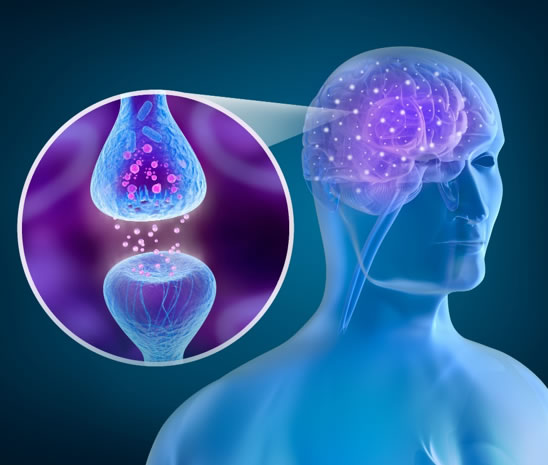
 This 5-part Curriculum Infusion Package (CIP) on Opioid Use Disorders (OUD) was developed in 2019 by the Pacific Southwest Addiction Technology Transfer Center. The main developers were Beth Rutkowski, MPH, and Nancy Roget, MS, with additional guidance and editing support provided by Drs. Thomas E. Freese and Michael Shafer. The OUD CIP was developed for college and university faculty to infuse brief, science-based OUD-specific content into existing substance use disorder-related course syllabi (e.g., foundations of addiction, screening and assessment, etc.). Instructors can select the specific content to infuse throughout the duration of the course, depending on specific needs of the learners. Each slide contains notes for the instructor to provide guidance, as necessary. References are included in each slide and handouts when possible.
This 5-part Curriculum Infusion Package (CIP) on Opioid Use Disorders (OUD) was developed in 2019 by the Pacific Southwest Addiction Technology Transfer Center. The main developers were Beth Rutkowski, MPH, and Nancy Roget, MS, with additional guidance and editing support provided by Drs. Thomas E. Freese and Michael Shafer. The OUD CIP was developed for college and university faculty to infuse brief, science-based OUD-specific content into existing substance use disorder-related course syllabi (e.g., foundations of addiction, screening and assessment, etc.). Instructors can select the specific content to infuse throughout the duration of the course, depending on specific needs of the learners. Each slide contains notes for the instructor to provide guidance, as necessary. References are included in each slide and handouts when possible.
Part 1 provides a brief overview of addiction as a brain disease, a description of opioids and how they work in the brain and body, the acute and chronic effects of opioid use, the epidemiology of the opioid epidemic, and resources for continued learning. Part 2 provides a brief overview of the importance of integrated, holistic care for people with OUDs, tools to address the opioid epidemic, the difference between an opioid agonist and antagonist, a review of FDA-approved medications for OUD, and resources for continued learning. Part 3 provides a brief overview of opioid overdose and prevention strategies. Part 4 provides a brief overview of the importance of using language that helps decrease stigma associated with SUDs. And Part 5 provides a brief overview of recovery supports and treatment recommendations for people with opioid use disorders.
The slide decks are designed to be used by academic faculty in behavioral health programs, trainers, behavioral health providers, and state/county agency staff members for a variety of audiences. If you require further information on this topic, please do not hesitate to contact the Pacific Southwest ATTC (http://www.psattc.org). You are free to use these slides and the pictures, but please give credit to the Pacific Southwest ATTC when using them by keeping the logo on each slide and referencing the Pacific Southwest ATTC at the beginning of your presentation.
OUD CIP Slides
OUD CIP Videos
Acknowledgements: The Pacific Southwest ATTC (HHS Region 9) is part of the SAMHSA-funded ATTC network that offers training/technical assistance (TA) services through a partnership with UCLA Integrated Substance Use and Addictions Programs, Arizona State University School of Social Work, and University of Nevada-Reno Center for the Application of Substance Abuse Technologies. HHS Region 9 is comprised of Arizona, California, Hawaii, Nevada, and the six U.S.-affiliated Pacific Jurisdictions (American Samoa, Commonwealth of the Northern Mariana Islands, Federated States of Micronesia, Guam, Republic of the Marshall Islands, and Republic of Palau). For additional information, please access its website at http://www.psattc.org. Additional resources are available to enhance and support the information provided in this brief presentation.